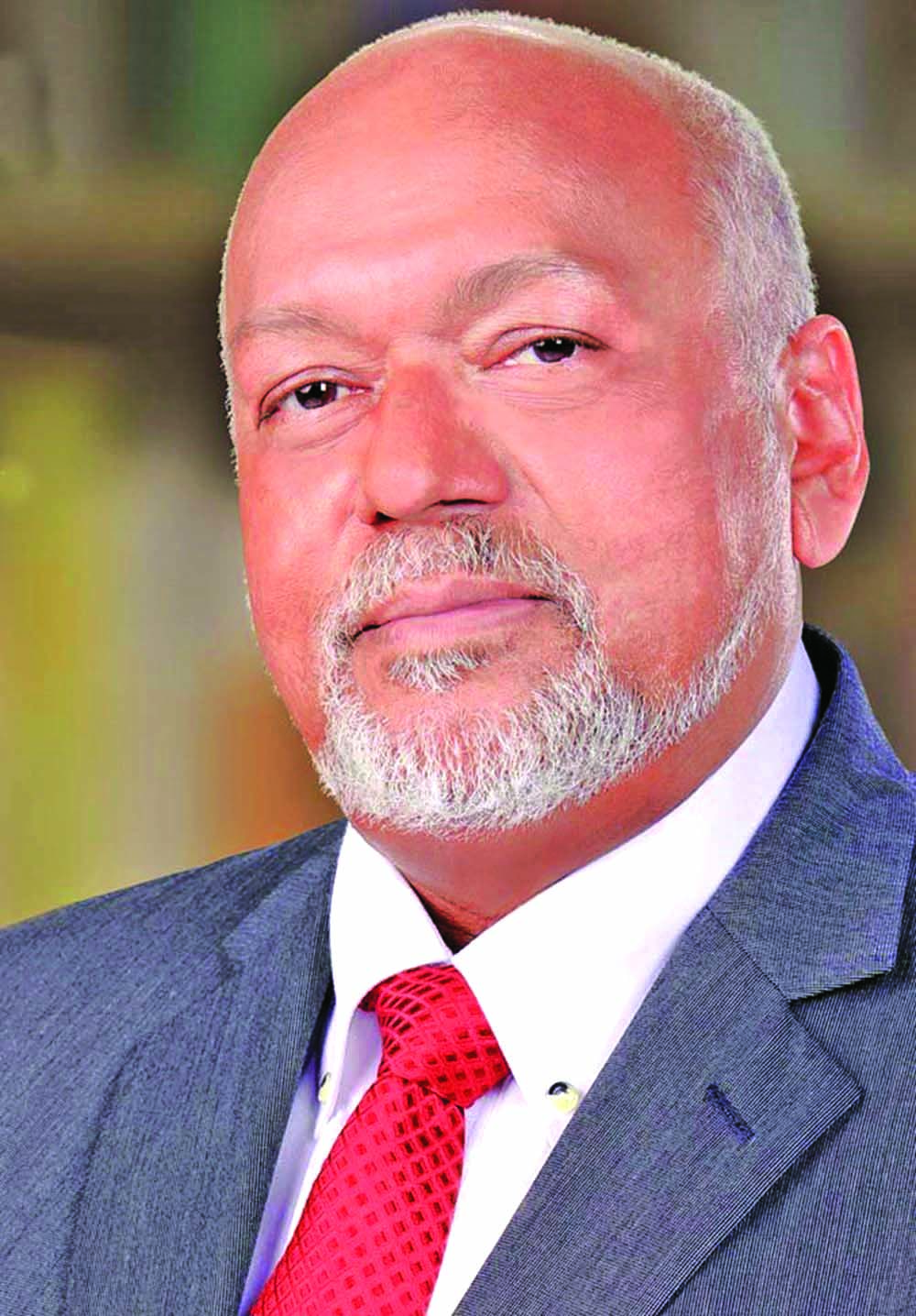By Donald Ramotar Political parties are mushrooming in Guyana these days. We have far more political parties than any other country in the Caribbean, and one of the highest numbers of such parties in the Commonwealth. The last count showed that Guyana has some 20 political parties. Why is it that so many parties are emerging on our political scene? No doubt, some would interpret this as a testimony of our “democratic” society. Some outsiders, unfamiliar with our political history and today’s realities, would think that democracy is flourishing in…
Read MoreCategory: Editorials
The PPP Manifesto
The PPP launched what they described as their “mini-manifesto” last Friday. Some may be wondering why the Opposition party would “show its hand so early in the game”, since elections are three months away and the governing PNC-led coalition might be able to “counter” their proposals. But what the PPP has done is to demonstrate very clearly that they do not consider the future of Guyana as a “game” that should be subjected to political one-upmanship. They are a party that was in power for 23 years, during which the…
Read MorePNC, democracy and sugar workers
The PNC bent backwards to accommodate the AFC in their coalition “accord” renegotiation. Why else would they give the latter 30% of the seats they would receive at the next elections in light of their abysmal performance at the 2018 LGE? Especially when, in polarised societies, voters are more willing to “experiment” with their votes than in national elections, when control of the state is at stake. And the simple answer is they want the ABC countries, which have an even larger stake in Guyana today, to repeat their 2015…
Read MoreThe endgame for sugar
In December 2015, this newspaper revealed the PNC Government’s plans to shutter Wales Estate, which was reluctantly conceded on January 17, 2016. Minister of Agriculture Holder claimed, “GuySuCo will be exploring the feasibility of alternative ventures utilising the Wales lands. The important criteria for such projects would be wealth creation and employment generation. It is hoped that the first of such projects could commence by October 1, 2016”. He admitted the closure was unrelated to the CoI. A month later, he was more specific: he told the National Assembly that…
Read MoreFor reconciliation in Guyana
In the ongoing debate on the merits and demerits of “ethnic” representation by some of our public intellectuals, those who insist there are specifically “ethnic” concerns and issues that must be articulated and represented are dubbed as “tribalists”. Now I have always been deeply offended when this particular term is used in odium and contrasted with being “nationalist”. Firstly, it connotes the image of societies that have tribes, especially in Africa, as irredeemably backward and violent and need to get on with it to become “modern” and develop into a…
Read MoreDenouncing dictatorial rule
The dictatorship that Burnham created did not creep up on the Guyanese people in the dead of the night but was constructed, brick by brick, in the brightness of day. It started when he decided in 1967 that he would rig the 1968 elections. His junior coalition partner, Peter D’Aguiar of the United Force, had protested Burnham’s unilateral actions, especially to subvert the Ministry of Finance, headed by himself. Deciding he would not become the PNC’s handmaiden to destroy democracy, D’Aguiar left the Government in late 1967 and denounced Burnham’s…
Read MoreGECOM must get the voters’ list right
The Chair of GECOM, Retired Justice Claudette Singh, held her first press conference and focused on the state of readiness of the voters’ list for the general elections which are due on March 2, 2020 –less than four months away. For a country with only ¾ of a million citizens, the comments exposed severe weaknesses in the registration system in which a process of “continuous registration” was initiated since 2001 and supplemented in 2005. This was supposed to produce an Official List of Electors (OLE) such that general elections could…
Read MoreDiscourse on race and racism
With elections imminent, “race” has inevitably taken centre stage. In Guyana, the concept of “race” is a legacy of European rule. And it is not coincidental that its modern usage is bound up with the history of the West Indies: “race” and “African slavery” are modern twins, as are “White” and “Black” as racial categories. The early civilisations such as Greek, African and Indian, etc, did not distinguish so much on physical characteristics, as on cultural characteristics of peoples. For instance, outsiders were “Barbarians” to Greeks. When Europeans first encountered…
Read MoreThe fundamental right to vote
Handing down her decision in August on the objected-to House-to-House registration exercise, Chief Justice Roxane George had cited the words of Justice Claudette Singh in her judgement on the “Esther Perreira case”, when the latter had vitiated the results of the 1997 elections. She did so on the ground that the agreement by the overwhelming majority of the National Assembly – comprising the PPP and the PNC – to require an ID card as a prerequisite for voting was unconstitutional. Justice Singh had explained eloquently: “It is axiomatic that no…
Read MoreCoalition politics and opportunism
The present contretemps between the PNC and the AFC over the fate of their Cummingsburg Accord in general, and who gets to choose their Prime Ministerial candidate, in particular, is the seen as the “politricks de jour”, temporarily shoving aside discussions on how precisely the PNC would rig the next elections. But behind these proximate causes lie deeper structural reasons for the dissonance in decision-making in the coalitions – within APNU and in the APNU/AFC combine. These emanate from the nature of the coalitions these parties formed; their relative sizes;…
Read More


